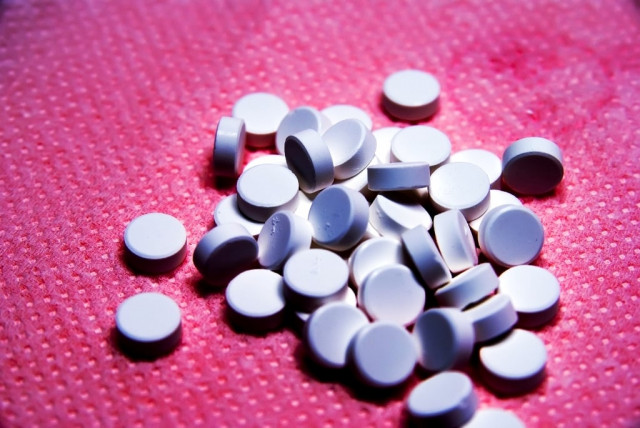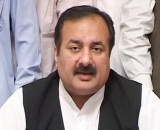Country badly needs a study to assess threat from fake drugs
Pharma firms plan research on exact size of counterfeit drug market.

According to a report of the World Economic Forum 2011, the size of the world’s counterfeit drug market was around $200 billion, the second biggest illegal market after marijuana, cocaine and opium. PHOTO: FILE
With growing concerns over counterfeit drugs in international markets, the representative association of multinational pharmaceutical companies operating in Pakistan is thinking about doing a formal study on the size of illegal drug market to quantify the threat.
Pharma Bureau – the representative body of 22 multinational pharmaceutical companies – believes that the issue has caught a lot of attention in international markets and since Pakistan is also a direct victim, it badly needs a formal study on this subject.
“It is an international issue and it has its roots in Pakistan too. So, the government of Pakistan has to play its part and take this issue seriously,” Pharma Bureau Chairman Tariq Wajid said while talking to The Express Tribune.
In reply to a question, Wajid said since there is no formal research or study present on the size of counterfeit drug market in Pakistan, one cannot say how big this market exactly is. “As far as I believe, counterfeit drugs constitute around 15% of the total size of Pakistan’s pharmaceutical market (estimated size of Pakistan’s pharmaceutical industry is $2 billion),” he said.

In absence of stringent controls against fake drugs, both national and multinational pharmaceutical companies complain that the black market is thriving in Pakistan. In this scenario, the companies believe that the private sector should play its role forcefully to overcome the structural faults that support black economy.
“We have caught two cases pertaining to counterfeit drug production in the past three months. We cannot share further information with the media because police are investigating these cases,” said Wajid.
According to a report of the World Economic Forum 2011, the size of the world’s counterfeit drug market was around $200 billion, the second biggest illegal market after marijuana, cocaine and opium.

Wajid said pharmaceutical multinationals are cognizant of this growing threat and this is why they have started setting up separate in-house departments to trace counterfeit drug networks.
“Developing in-house anti-counterfeit departments shows multinationals are serious about countering fake drugs,” he said.
Wajid, however, admits that the task for multinationals is too big as counterfeit networks operate in different parts of the world. Often these drugs cross borders and sometimes their origin of production and packaging differ, making it difficult for law enforcement agencies to detect these networks.
“It is a whole science and you need scientific ways to counter these networks,” he added.
Pharmaceutical companies insist that they manufacture, package and market their products but detecting counterfeit networks is out of their jurisdiction or resources.
“How can you expect a company to detect all the counterfeit products and then take action against them?” asked M Haroon Qassim, former chairman of Pakistan Pharmaceutical Manufacturers Association, a grouping of over 350 national companies and subsidiaries of foreign pharmaceutical firms.
“We frequently change our drug packaging to avoid easy copying of our products,” he said.
But all these measures have their limitations too. In fact, it is the responsibility of the government to take up these issues seriously because fake medicine makers play with lives of patients, said Qassim.
Both national and multinational pharmaceutical companies agree that most of the counterfeit drugs are those that are in common use like for treating diabetes and other common diseases. They argue that since the market size or volumes of these drugs are high, it is easy for the counterfeit product makers to penetrate their retail markets.
Published in The Express Tribune, May 20th, 2013.
Like Business on Facebook to stay informed and join in the conversation.



















COMMENTS
Comments are moderated and generally will be posted if they are on-topic and not abusive.
For more information, please see our Comments FAQ